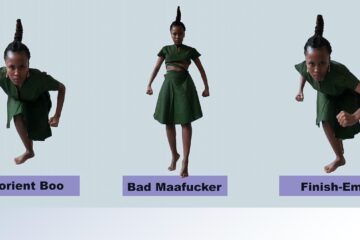APRIL 2018
https://danielrautenba.ch/Concept-Generator
Taking cue from the brief ‘You have 2 weeks. 14 days. 336 hours. 20 160 minutes. What will you do?’, I decided to look at automation and content generation. In our world’s hyper-capitalist-state we are driven constantly to produce. Whether artists, writers, office workers, or labourers; our livelihood is dependent on what we produce and what can be consumed. Even as far as what we post and share on Facebook contributes to the almost $500 billion dollar Big Data algorithm-driven market. Naturally with technological developments our society is tending more and more towards automation. Bots, artificial intelligence, and algorithms are presenting us with tailored ways of living, and doing the work so we can enjoy our lives.
That’s where Concept Generator comes in! Stuck for a new essay idea? Need a pitch for your next work? How about a proposal for a new exhibition? Just click on the Generate Concept button and you’ll be provided with a nuanced, unconventional pairing of topics and a suggested execution! Using the simile (the critical theorist’s favourite) as an entry-point, Concept Generator pairs random abstract ideas so that you can re-approach that hot topic with a new lens. For example, compare Mike Pepi’s Is a Museum a Database?: Institutional Conditions in Net Utopia to Hito Steyerl’s Is a Museum a Factory? – both pieces unpack our idea of ‘The Museum’ but each with a different comparison, i.e. ‘Museum as Database’ or ‘Museum as Factory’. The outcomes can be striking, predictable, or very entertaining.
This residency will function as a trial process for Concept Generator where everyday I generate a myriad of hypothetical concepts and see what I can make with each outcome. As I progress I will also update and edit the corpus to try make the outcomes as effective as possible.
If the rest of the market is automated, why not art?















CURATORIAL NOTES
It is worth reading and reviewing Rautenbach’s //2Weeks in relation to his essay, Articulating Content, in the Conversations section of the Floating Reverie publication. This can be seen as his initial engagement with ‘content’, literally developing an algorithm to help him generate content. He generates a concept, a medium, or application and then—following the additional constraints set up—creates an artwork, drawing into question the art market and the content market. In his Post-Digital artwork, he sets up a manifesto and begins to critically engage with how we are situated in and amongst this content. In his essay Rautenbach comes full circle and expands on this.



